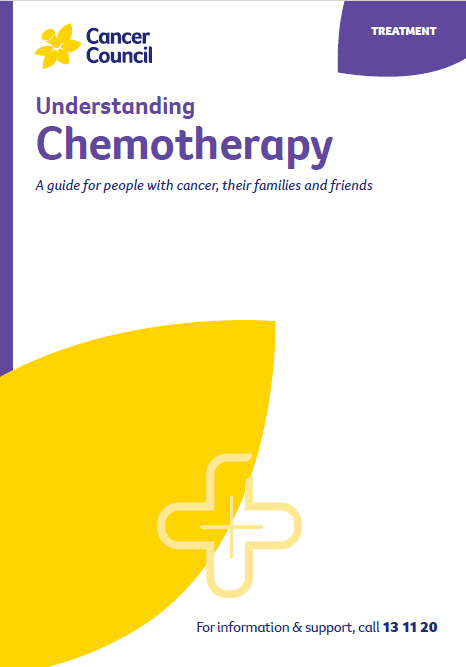- Home
- Peritoneal mesothelioma
- Treatment
- Chemotherapy
Chemotherapy for peritoneal mesothelioma
Chemotherapy is sometimes used to treat peritoneal mesothelioma. It may be given as a systemic treatment (into the bloodstream) on its own, or before or after surgery. Systemic chemotherapy for peritoneal mesothelioma is similar to that given for pleural mesothelioma.
Having chemotherapy
If you have a peritonectomy, you will have chemotherapy directly into the abdomen. This is known as intraperitoneal chemotherapy and may be given in several ways:
- HIPEC – Heated intraoperative intraperitoneal chemotherapy (HIPEC) is known as “hot chemotherapy”. It involves heating the drugs to 42.5°C and inserting the solution into the abdomen for 60–90 minutes during the operation.
- EPIC – After surgery, chemotherapy may be delivered into the abdomen through a thin tube. When given soon after surgery as a single course, it is called early postoperative intraperitoneal chemotherapy (EPIC).
- NIPEC – There is evidence that receiving a long-term course of normothermic (normal temperature) intraperitoneal chemotherapy (NIPEC) may offer some benefit.
→ READ MORE: Immunotherapy for peritoneal mesothelioma
Video: What is chemotherapy?
Watch this short video to learn more about chemotherapy.
Dr Anthony Linton, Medical Oncologist, Concord Cancer Centre and Concord Repatriation General Hospital, NSW; Dr Naveed Alam, Thoracic Surgeon, St Vincent’s Hospital Melbourne and Monash Medical Centre, VIC; Donatella Arnoldo, Consumer; Polly Baldwin, 13 11 20 Consultant, Cancer Council SA; Dr Melvin (Wee Loong) Chin, Medical Oncologist, Sir Charles Gairdner Hospital and National Centre for Asbestos Related Diseases, WA; Prof Kwun Fong, Thoracic and Sleep Physician and Director, UQ Thoracic Research Centre, The Prince Charles Hospital, and Professor of Medicine, The University of Queensland, QLD; Vicki Hamilton OAM, Consumer and CEO, Asbestos Council of Victoria/GARDS Inc., VIC; Dr Susan Harden, Radiation Oncologist, Peter MacCallum Cancer Centre, VIC; Penny Jacomos, Social Worker, Asbestos Diseases Society of South Australia, SA; Prof Brian Le, Director, Parkville Integrated Palliative Care Service, The Royal Melbourne Hospital and Peter MacCallum Cancer Centre, VIC; Lung Cancer Support Nurses, Lung Foundation Australia; Jocelyn McLean, Mesothelioma Support Coordinator, Asbestos Diseases Research Institute, NSW; Prof David Morris, Peritonectomy Surgeon, St George Hospital and UNSW, NSW; Joanne Oates, Registered Occupational Therapist, Expert Witness in Dust Diseases, and Director, Evaluate, NSW; Chris Sheppard and Adam Barlow, RMB Lawyers.
View the Cancer Council NSW editorial policy.
View all publications or call 13 11 20 for free printed copies.
Need to talk?
Support services
Need legal and financial assistance?
Practical advice and support during and after treatment
Looking for transport, accommodation or home help?
Practical advice and support during and after treatment
Cancer information
Advanced cancer
Advanced cancer is when cancer has spread from its original site or has come back
Chemotherapy
Chemotherapy (sometimes just called ‘chemo’) is the use of drugs to kill or slow the growth of cancer cells
